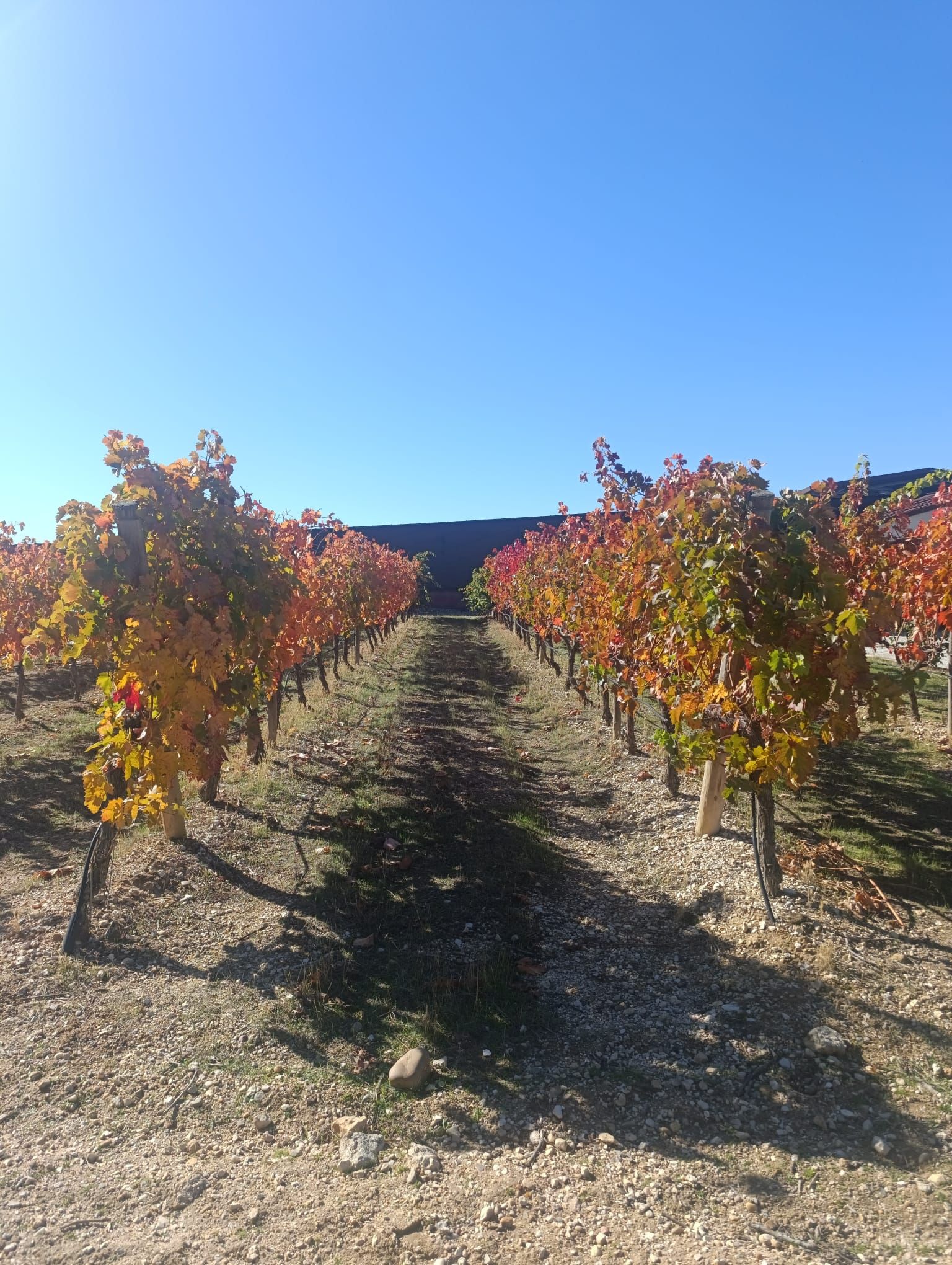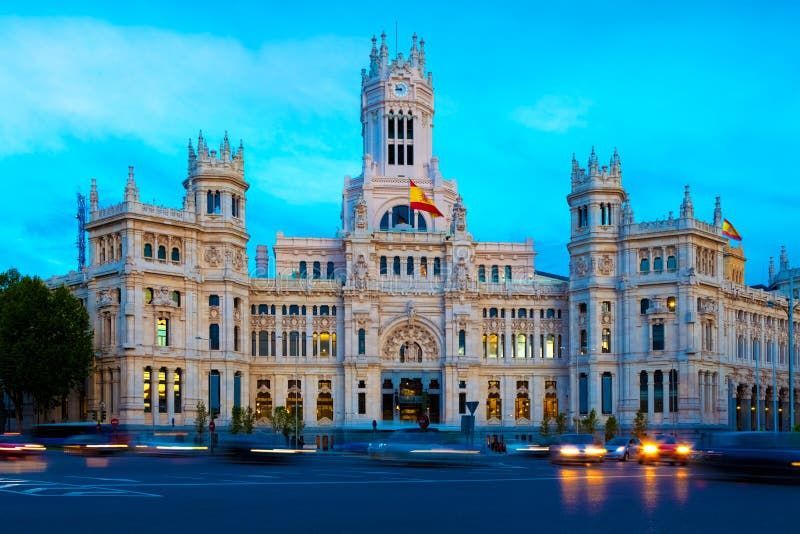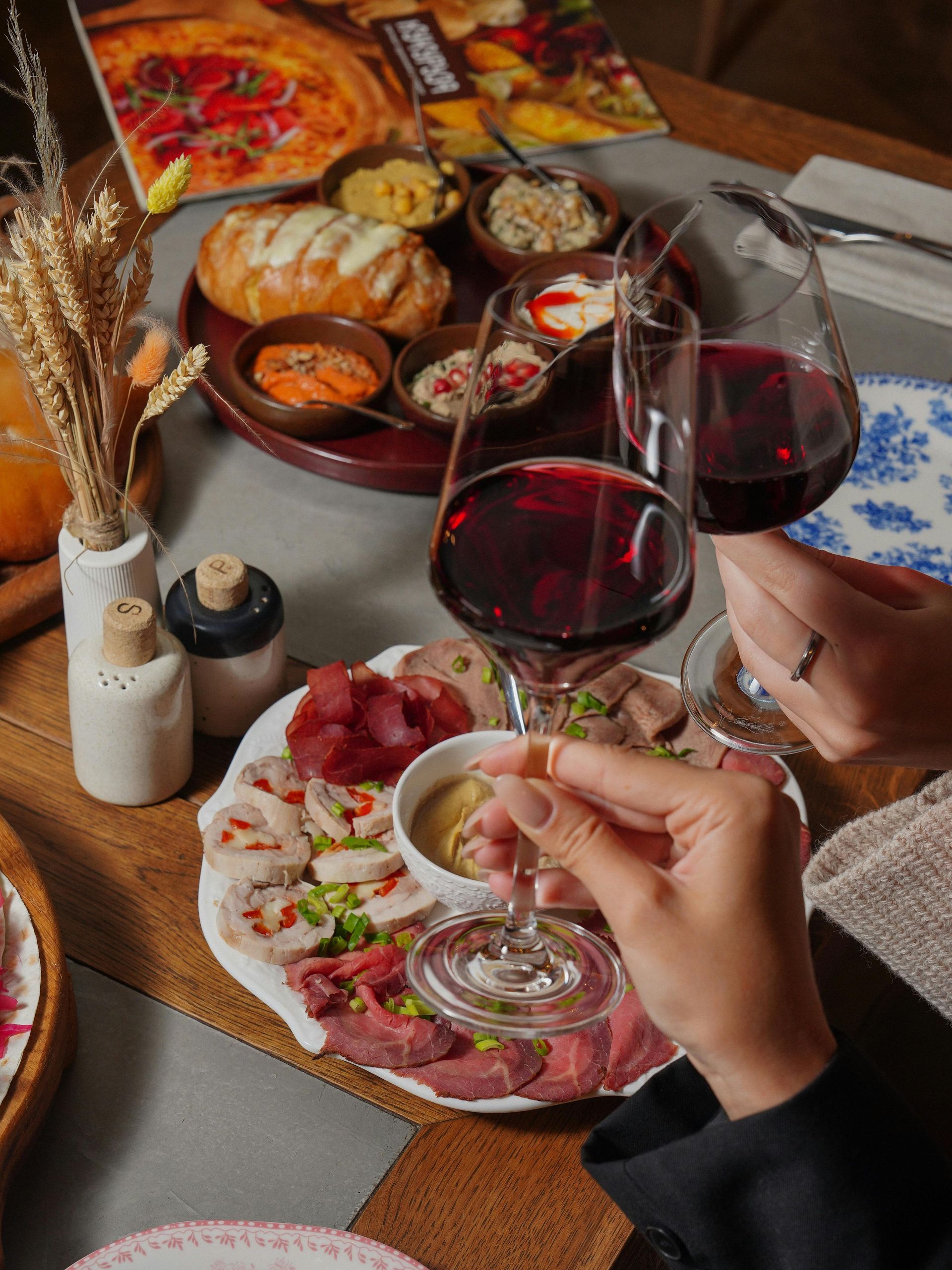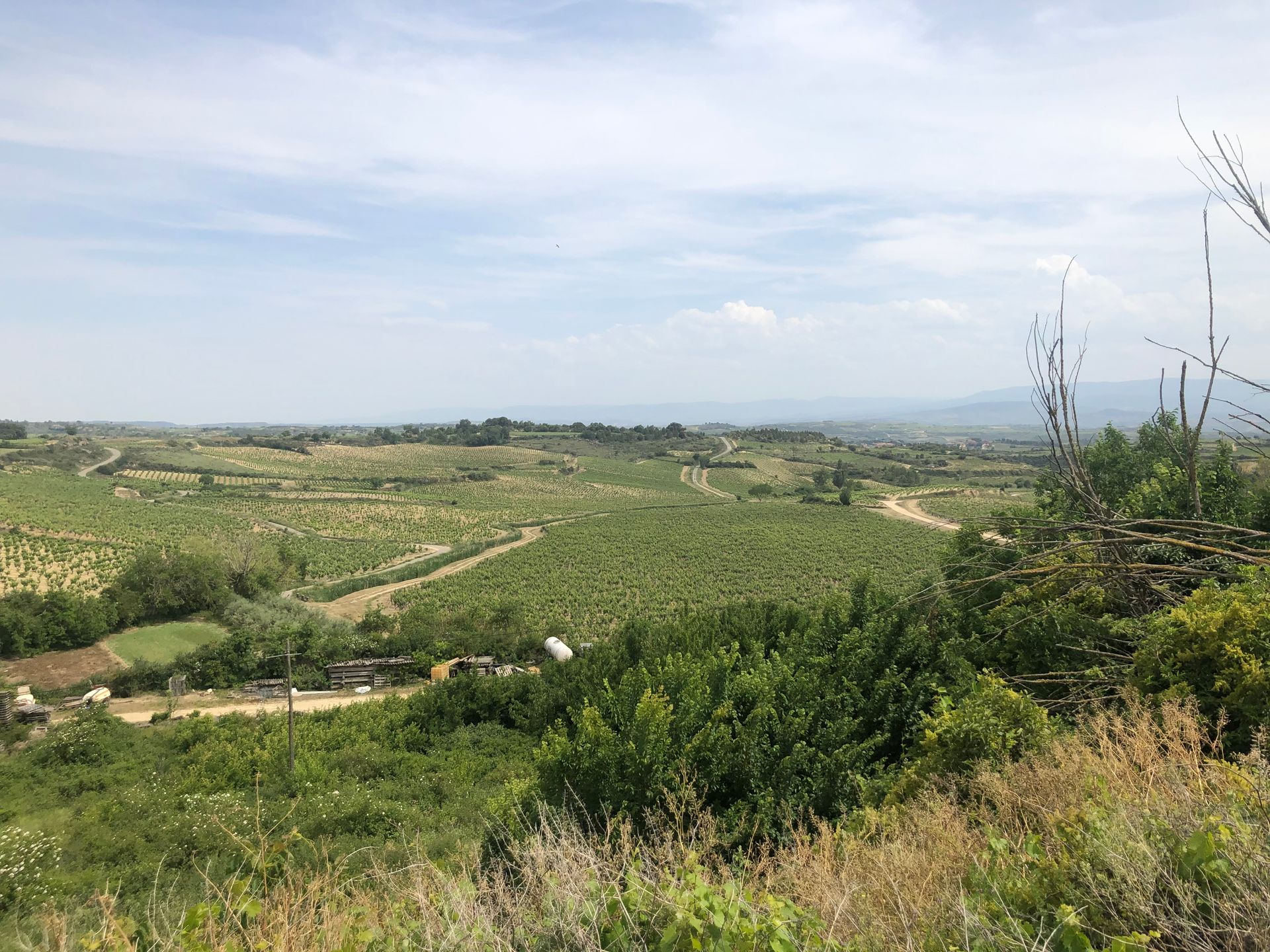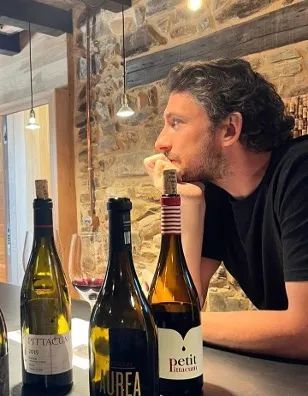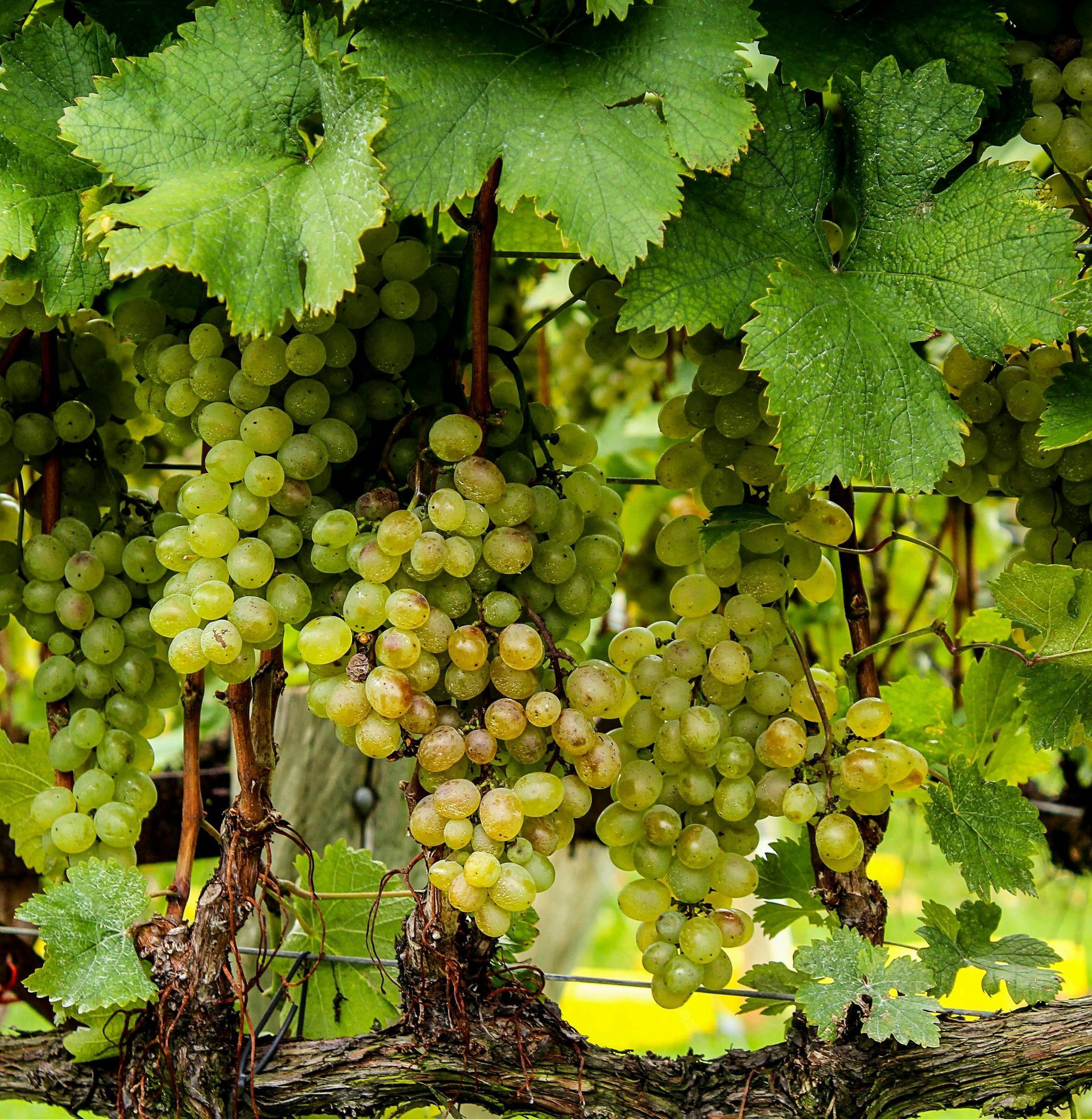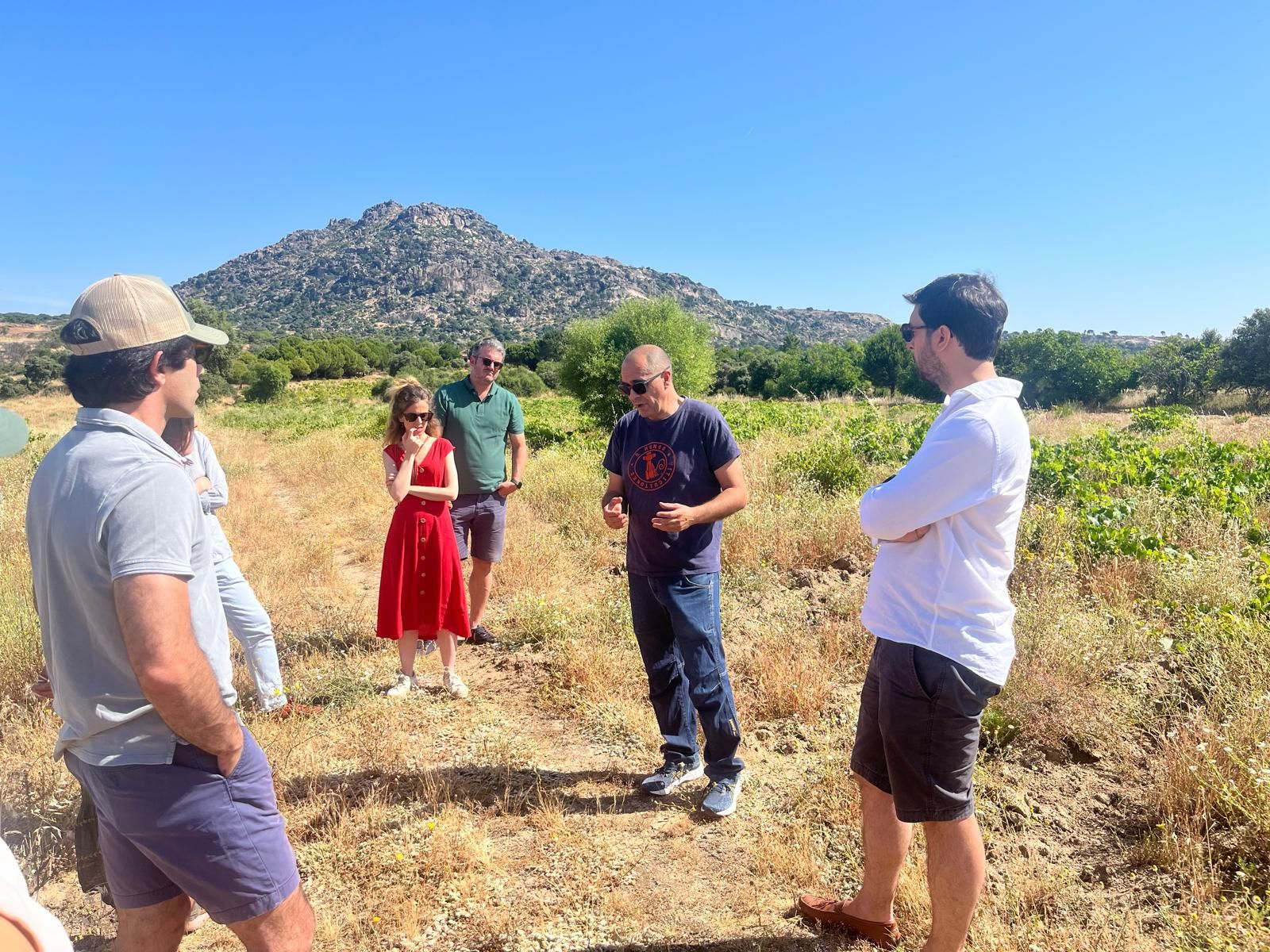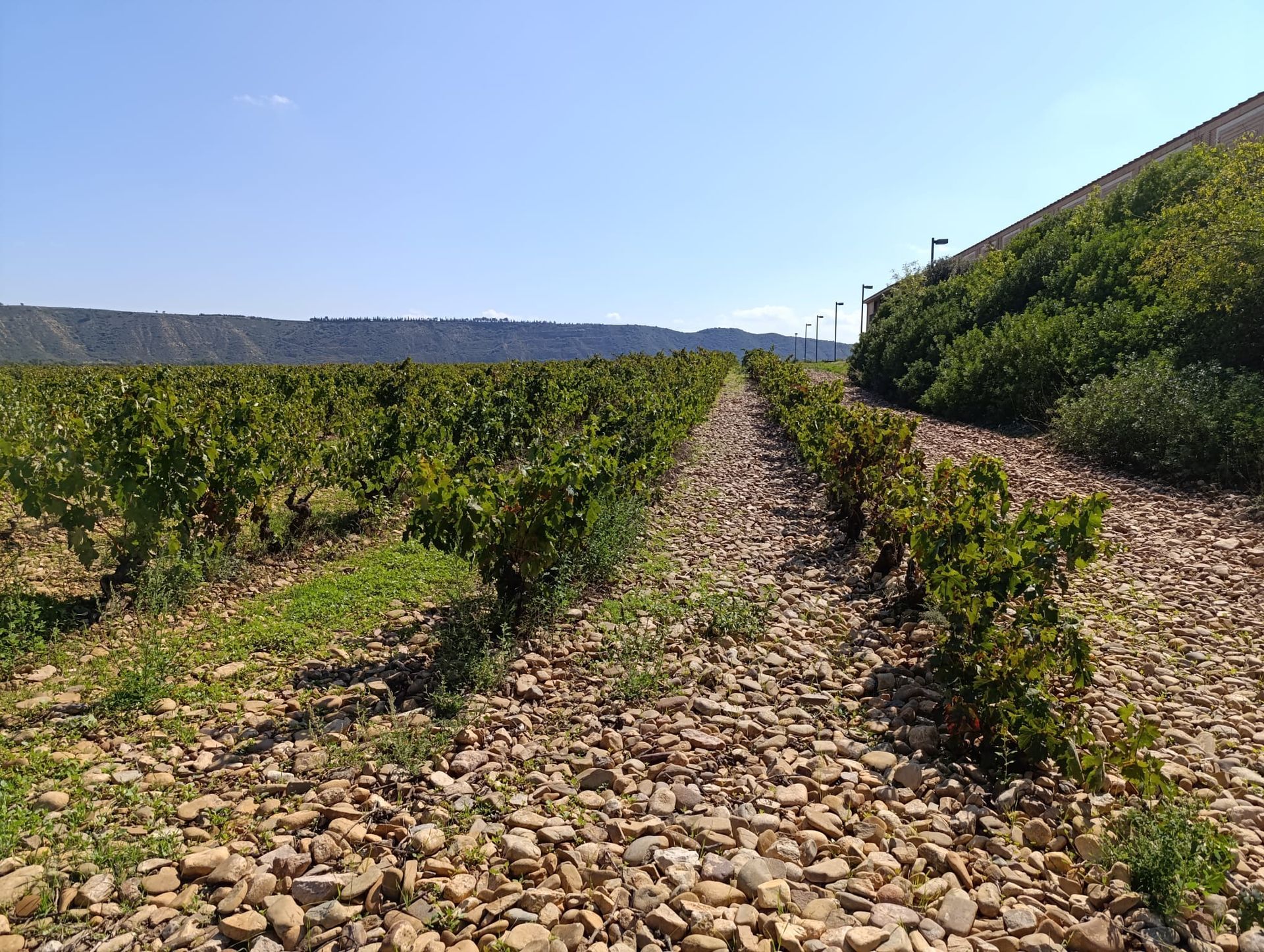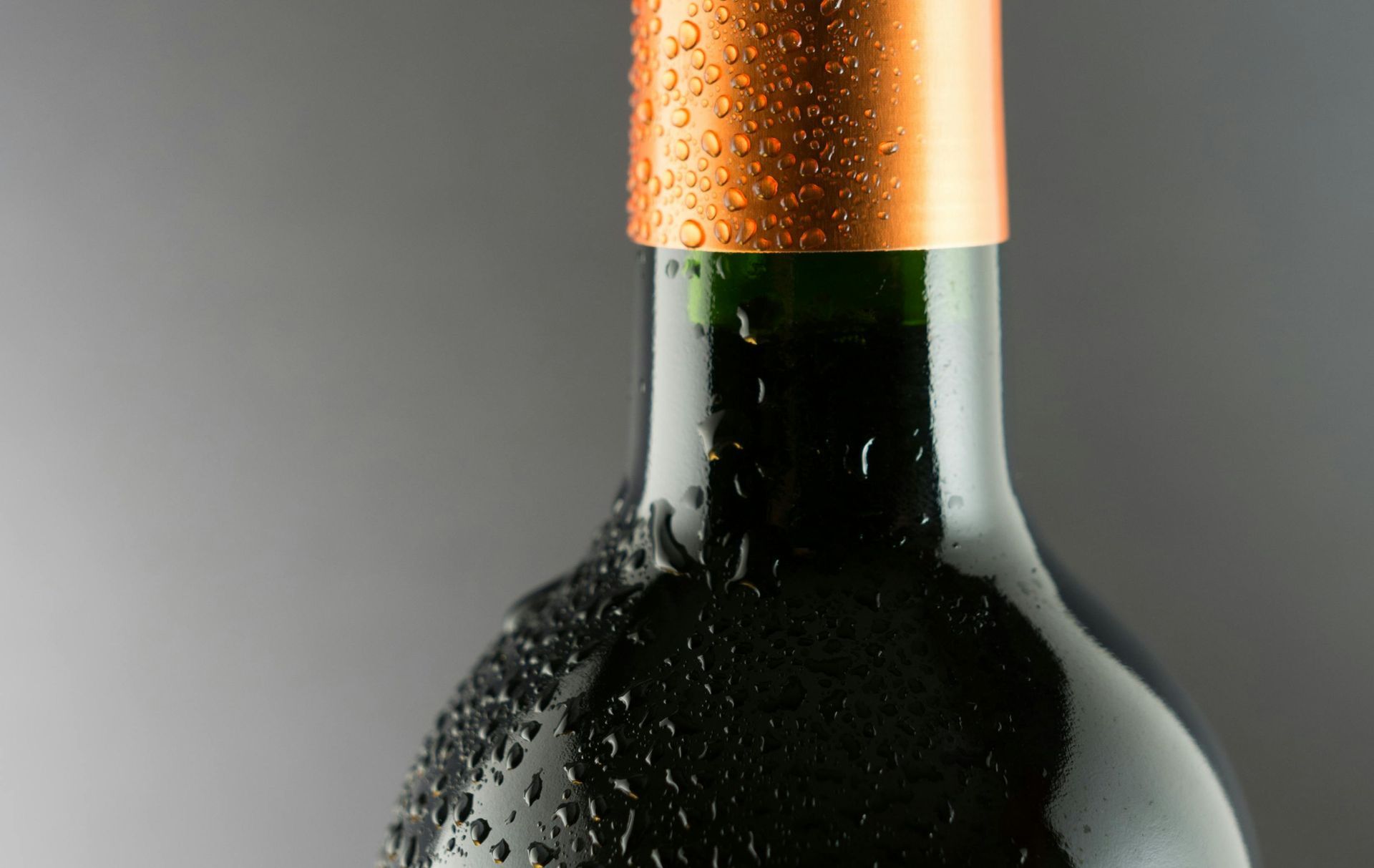Stop Tasting Wine Like an Accountant: Taste the Year, Not the Wheel
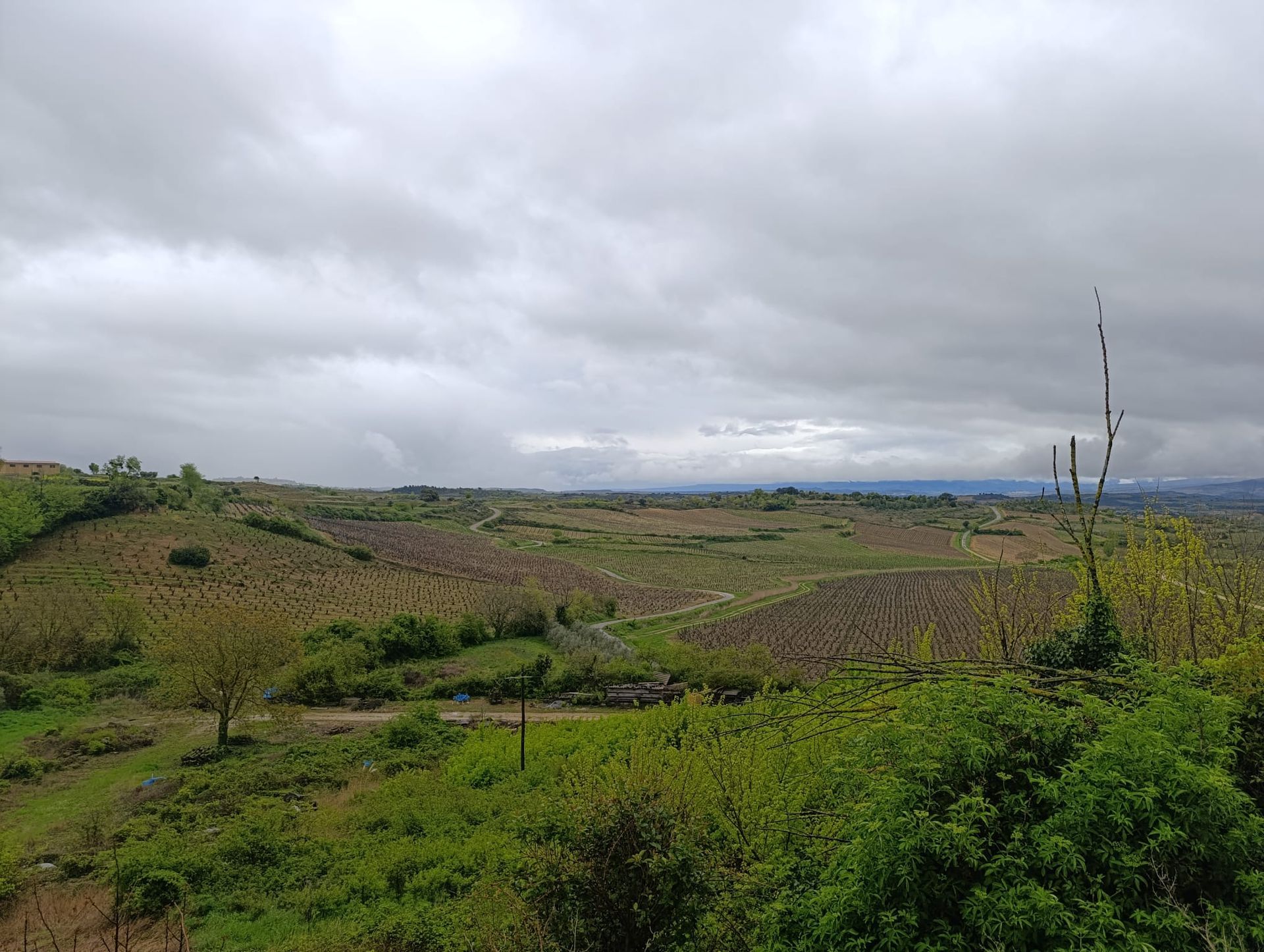
The wine world loves polish.
Pristine bottles, immaculate labels, cellars lit like cathedrals of glass and chrome.
But the soul of wine? It doesn’t live there.
It lives in the mildew. In the mud. In the silence before a storm.
In the gamble of pruning early or late, knowing the sky might flip the script tomorrow.
Wine is chaos captured. A gamble bottled before the weather changes its mind.
And yet, when we taste, most of us miss all of that.
Instead, we dissect wine like a corpse. Primary aromas. Secondary aromas. Tertiary notes of leather and tobacco. Tick. Tick. Tick.
That’s not tasting wine.
That’s dissecting it.
And wine was never meant to be a corpse on a table.
Why We Need to Change How We Taste
The system taught us to drink like analysts.
Identify the fruit. Chart the acidity. Grade the tannins.
Like a tax return for your tongue.
Sure, it gives us structure. It builds vocabulary.
But it strips wine of its heartbeat.
It turns something alive into something clinical.
Because great wine isn’t just layers of flavour neatly stacked in a glass.
Great wine is a story.
A season condensed.
If you really want to understand a wine, stop asking what it smells like.
Start asking what it survived. And why this year it smells different.
Taste the Conditions, Not Just the Components
When you lift the glass, forget the fruit salad. Forget the oak checklist. Ask this instead:
- Was spring kind or cruel? Did frost burn half the buds in April?
- Was it a wet year or a dry one? Did mildew creep in under a humid July moon?
- Was summer merciful or merciless? Did the vines shut down under August heatwaves?
- What about harvest? Did they pick under blue skies or race against rain?
Because all of that - the stress, the struggle, the sleepless nights - shows up in the glass if you’re willing to listen.
Why Wine Tastes Like Where It Comes From
Because wine is the only drink that remembers.
Whisky ages into oak. Beer belongs to the brewer. Spirits are born in fire and forget their roots.
But wine? Wine carries the map of its birthplace.
The altitude, the slope, the drainage, the rock under the roots.
Give vines slate and they’ll answer with mineral nerve.
Give them limestone and they’ll echo tension.
Give them clay and they’ll swell with generosity.
They reflect, absorb, translate. They don’t lie.
That’s why Albariño from Rías Baixas tastes like sea spray and citrus. It’s been raised within reach of the Atlantic.
That’s why Garnacha in Gredos hums of cracked earth and wild herbs; it grows halfway to the clouds on raw granite.
That’s why Tempranillo speaks different dialects in Rioja, Ribera, and Toro. Same grape. Different stories.
It’s not mysticism. It’s not marketing. It’s geology. Geography. Weather. And human will.
Every Bottle is a Bet
Ask any grower and they’ll tell you:
Winemaking is farming, and farming is faith.
This year in Spain?
Hail the size of marbles. Vineyards drowned in Castilla-La Mancha.
Mildew creeping through Ribera del Duero, a place usually too dry for that kind of humidity to even exist.
Even the old hands are shaking their heads.
“This isn’t normal anymore.”
And yet they carry on. Pruning. Spraying. Betting on tomorrow.
Because that’s what wine asks for: commitment with no guarantee.
So the next time you drink, taste the gamble.
Taste the storm they outran. Taste the season, bottled.
Drink the Story, Not the Score
We’ve been taught to reduce wine to bullet points:
Fruit? Check. Oak? Check. Acidity? Check.
As if flavour can be filed away in neat little boxes.
As if wine is a train schedule instead of a love letter written in dirt and rain.
Let’s burn that rulebook.
Taste with your gut, not your glossary.
Think about whether this was a good year or a brutal one.
Was the yield generous or stingy?
Did the vines fight for water, or drown in it?
That tension you feel on your tongue? That fragility in the finish?
That’s not “style.” That’s survival.
And it doesn’t fit in a tasting grid.
Because wine isn’t a simple product.
It’s a season, corked. A year of risk and resilience.
A language spoken by people who don’t know if it’ll rain tomorrow, but farm like it will anyway.
Skip the polished descriptors.
Drink it like a story.
Drink it like a bruise.
Drink it like you give a damn.
TL;DR
Wine is not about ticking off fruit, oak, and acidity. It’s about understanding the conditions of the year, the struggles in the vineyard, and the reality that every bottle tells a story of survival. Stop dissecting wine. Taste the season, the soil, and the storm it survived.
Want to experience wine like this? Come with us. We’ll take you to the vineyards, the people, the stories behind every glass.
Explore Vine Travel Wine Tours
Author: Michael Pope
Date: July 16, 2025

